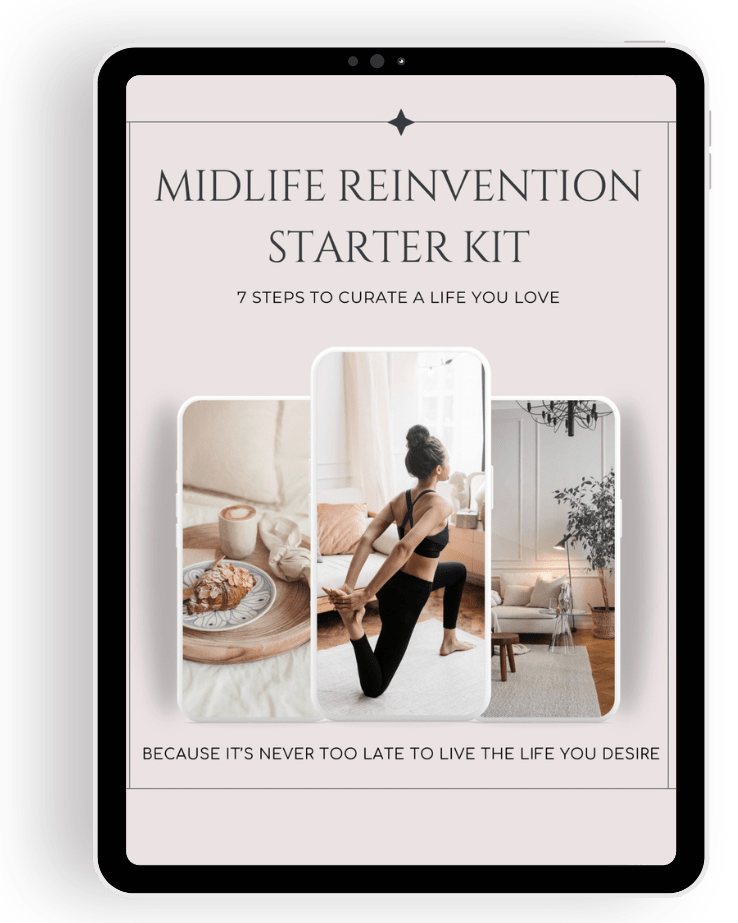Vedic meditation is a methodology that arose in ancient north India around 10,000 years ago. It is the oldest technique still alive in the world today and stems from the incredibly advanced Vedic civilisation that gave birth to so much knowledge and wisdom in India and beyond.
I got up-close with Will Williams who is a Vedic Meditation Practitioner about Mindful Eating, Health and Well-being.
What is mindful eating?
I have studied many dietary systems and one of the things that struck me when studying ancient Indian wisdom was the understanding that it is not just what you eat that’s important, it’s also the way you eat.
Mindful eating is about retaining an awareness of what we’re eating – savouring and enjoying our food; rather than absent-mindedly putting it in our mouth. When you eat mindfully, you also tend to chew more slowly and more fully. This is so important as it allows the amylase in your saliva to begin breaking down the food chemically, and for your chewing action to mechanically break it all down before it reaches the stomach.
Taking time to really savour the flavours properly also activates the appropriate digestive juices entering your stomach so that you can break the food down in the most appropriate way. Being distracted whilst eating may disconnect you and your body from what you’re eating and knowing what to do with it. It doesn’t matter how high quality the produce on your plate if you can’t digest it, you won’t benefit from it and you may as well be toxified by it.
It’s important to distinguish between ‘mindfulness and meditation, specifically Vedic meditation, which is what we specialise in. Vedic meditation is unique in being an ancient (over 10,000 years old) method that can easily be fitted into busy modern schedules. The process involves silently repeating a personalised sound (mantra) for fifteen to twenty minutes, twice a day, and can be practised anywhere, on the commute, in bed or even in the office. As the simplest form of meditation in existence, it is cited as being 250% more effective at reducing anxiety than any other technique (Journal of Counseling & Development).
Vedic meditation gives our mind and body the space to re-boot and re-balance. We are able to engage with those around us without being distracted by the constant whirring of our thoughts. Our emotional perception becomes far acuter and we develop greater awareness of others’ needs as well as our own. Our heightened sense of awareness and perceptual capabilities allow us to engage with and appreciate the beauty of, the present moment.

Give us an example of a Mindful Eating Tip
Are you guilty of eating ‘Al desko’ as is so common in our screen-heavy world? It takes time to make this a habit, but try to sit down and make an event of your meals – whatever the time of day. This doesn’t need to mean hours spent over lunch when you have twenty minutes to spare! When you’re distracted, your digestion is compromised.
Eating mindfully will also allow you to tune into when your body has had its sufficient fill. One of the startling features of modern culture is how much we automatically try and eat until we’re full, indeed consuming everything until we’re filled up to the brim. But that’s not going to allow your body to sing with vitality. Our digestion tends to work best when the stomach is up to 70% full. It’s a bit like doing the laundry. Fill the drum completely and the clothes won’t launder so well. Fill it up to 70%, and the clothes launder wonderfully well. So, tune in to your stomach and allow your body to tell you when it’s happy and sated.
How is mindful eating different than just deciding to go on a diet or restrict certain foods?
When you shift your focus to being mindful of a technique like meditation, ‘having to be disciplined in the face of food becomes a thing of the past. It feels easy and natural to want to eat more healthily – simply because it feels more appropriate. Food stops being an emotional crutch and becomes just food once again. As well as regulating eating patterns by controlling stress responses and dealing with underlying fears, meditation also gives better hormonal balance, allowing the body’s innate intelligence to reset its systems to a more natural and healthy level. We nourish ourselves at the deepest level, rather than relying on the superficial attractiveness of starchy comfort foods.
It’s also worth being mindful of the time you eat. Our digestion has a rhythm that peaks and troughs at different times of the day. It is strongest in the middle of the day and begins to quieten down after dark. So being mindful of eating things that will be properly digestible at the times of day you are eating them will be a great support to your ability to metabolise fully your forthcoming plate of deliciousness. If eating salads or raw stuff, perhaps lean towards eating that for lunch or early evening. If eating late, go for something that can be digested more easily, such as warm soup, and eat smaller portions so that your digestion isn’t overwhelmed nor your sleep disturbed.

Where can people learn more about mindful eating?
We offer courses in Vedic meditation, providing students with the technique whilst going on to address a whole range of topics. Lots of our students actually subsequently report a positive impact on their eating habits, because they move from eating to combat emotions to addressing them.

What are the simplest, most reliable ways to build greater awareness of your health habits?
For someone who doesn’t like to cook and isn’t good at it, what is the fastest and simplest way to get into the habit of cooking healthy food, while minimising the time spent cooking?

What tools and strategies should people use to build better habits and “upgrade their health style?”
-
Meditate! Vedic meditation is an almost effortless practice that naturally increases feel-good chemicals, which in turn bring an increased sense of well-being and elevate the mood. It is also four times more effective at delivering present-moment awareness than any other technique (according to a study by Harvard).
-
Get enough sleep. It sounds simple, but one in three of us suffers from poor sleep, with stress, computers and taking work home often blamed. Regular poor quality sleep puts you at risk of serious medical conditions, including obesity, heart disease and diabetes – and it shortens your life expectancy. We always advise students to leave their phones out of the room when they go to sleep, or at least out of arm’s reach – the light screens give off are the worst barrier when it comes to getting a good night’s shut-eye. It fools our brains into thinking that it’s daytime and therefore prevents our ability to switch off.
-
Try and introduce a short walk daily. So many people embark upon big exercise plans, but even a 30-minute walk does wonder for your body and mind. Get off the tube a couple of stops earlier, or go for a quick run around the block, it’s easier than you think to incorporate into your life.

What are the biggest mental barriers you see stopping people from living a healthy lifestyle?
Can meditation really help people eliminate cravings and addictions? Or change stubborn habits and patterns?
To understand meditation’s role in treating addiction, it is useful to understand how the brain responds to the activation of its pleasure pathways, and how reward mechanisms play their part. A key factor in our sense of pleasure is the neurotransmitter dopamine. If we lack sufficient quantities of dopamine stimulation, we feel unhappy and sometimes depressed. Unfortunately, this is often the case when we’re stressed. Yet most ways to treat addiction don’t take this into account.
When dopamine activates our pleasure pathway, many regions of the brain light up, and one of the beneficiaries of this activation is the frontal cortex, which is responsible for executive functions, decision making and impulse control amongst other things. The pleasure projections also inhibit the anterior cingulate cortex, which otherwise tends to colour our thoughts and feelings with sadness and negativity, sometimes overwhelmingly so. Treating addiction by itself is a tall order, but Vedic meditation has been shown to be a great preventer of addictive tendencies and significantly reduces re-occurrence rates. It reduces our susceptibility to stress by calming down the nervous system and the area of the brain called the amygdala. It’s this part of the brain that is always over-activated during stress and which is the trigger for the cascade of so many of the harmful effects of the stress response.
This technique gives our nervous system such deep levels of rest that the memories of stress themselves begin to lose their hold over us, increasing our robustness further. The result is greater freedom from the stress that so often triggers an addictive craving for dopamine-induced joy. By working at the level of the nervous system, the mantras we use when we practise Vedic meditation create robustness within the central nervous system so that the outside world doesn’t seem so overwhelming without the numbing effects of a drug.


Feel free to sign up to my Friday Morning Love Note HERE! This isn’t just a newsletter - it’s your invitation to pause, reflect, and realign with you. Every week, we’ll journey together to uncover the small, meaningful shifts that will help you design a life that feels uniquely and beautifully yours. Each week, I’ll deliver fresh intentions, uplifting tips, and simple shifts to inspire purposeful, creative living.







[…] RELATED: Interview with Will Williams – Vedic Meditation Practitioner […]
[…] Read my Interview with Will Williams – Vedic Meditation Practitioner here. […]
[…] Meditate for 5 minutes. It helps you relax your […]